Cheap macro with diopter filter close-up lenses
Diopter close-up lenses are small, thin lenses that you can screw on to the front of a standard lens like a filter. They allow the lens to focus much closer than normal, so you can get macro / close-up photos without a real macro lens.
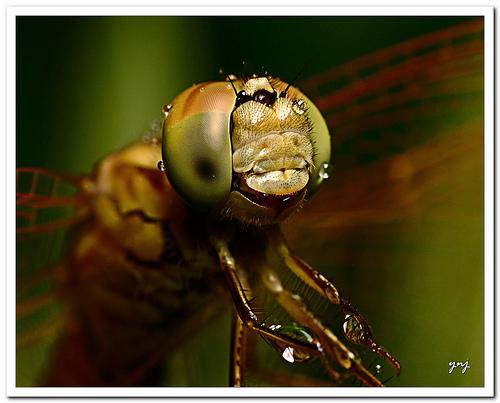
I Love Rain (Explored #15, Front-Page) by Yogendra174 on flickr (licensed CC-BY)
They have a couple of main advantages:
- Can be used on cameras without interchangeable lenses, such as bridge cameras
- Much cheaper than a macro lens
- Small enough to carry in a pocket
- No light loss (unlike extension tubes)
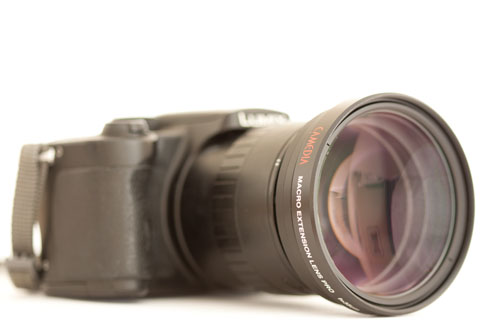
Olympus MCON-35 close-up diopter lens attached to a superzoom bridge camera
Close-up diopter lenses come in a variety of strengths, which is measured in diopters. The stronger the diopter, the closer it will allow your lens to focus, and so the larger image you will get.
Here are some examples to show you the magnification a close-up diopter lens can give you. These were taken on a Nikon D200 DSLR with a 70-300mm lens, at f/8 and with the lens at its closest focus distance, which is about 1.5m.
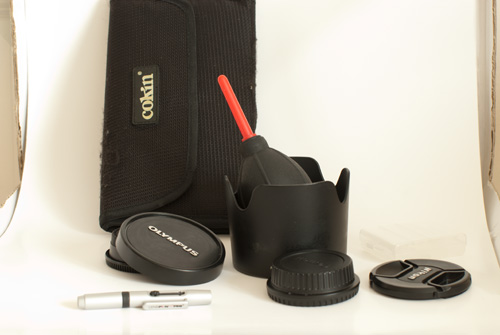
Bare lens @ 70mm
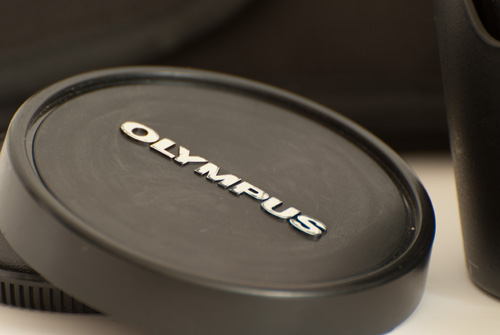
Bare lens @ 300mm
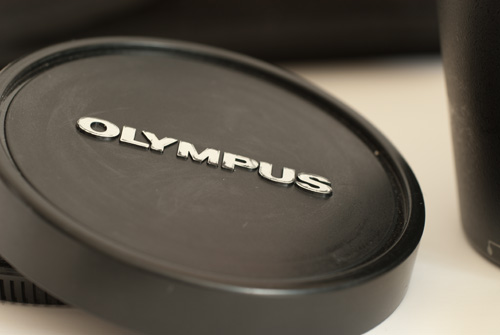
Lens @ 70mm w/ +3 diopter close-up lens
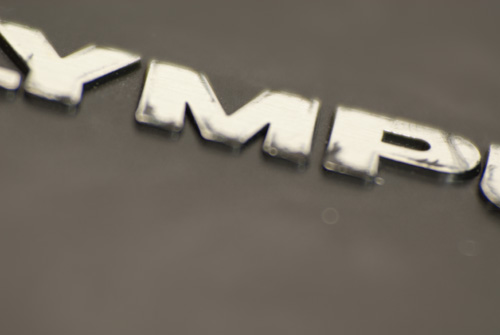
Lens @ 300mm w/ +3 diopter close-up lens
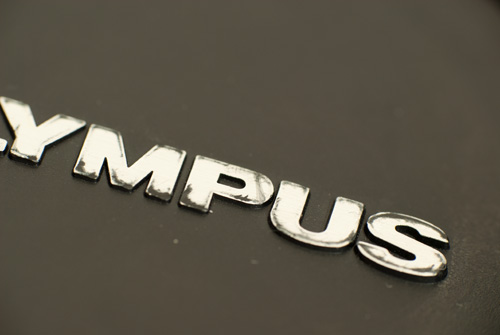
Lens @ 70mm w/ +8 diopter close-up lens
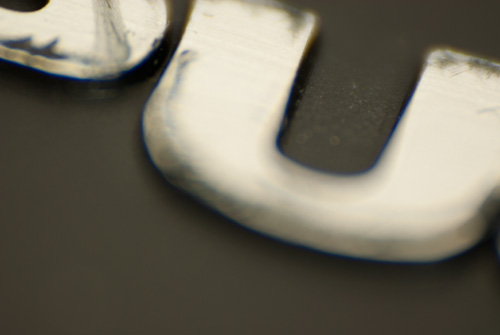
Lens @ 300mm w/ +8 diopter close-up lens
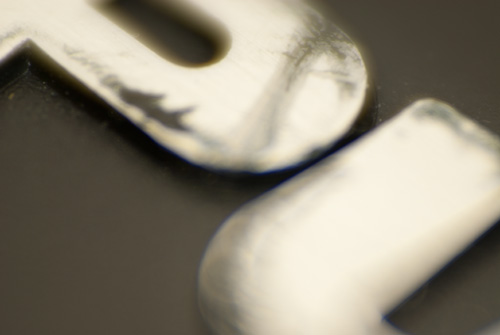
You can stack close-up filters for even more magnification - Lens @ 300mm with stacked +3 and +8 diopter close-up lenses
As you can see, the depth of field becomes very shallow at greater magnifications.
The close-up lenses used for the examples above were the Olympus MCON-35 (+3 diopter) and Raynox DCR-250 (+8 diopter). When looking at purchasing a close-up lens, it is important to check that is not a single element lens. Single element close-up lenses are often sold quite cheaply, but the image quality they give makes them practically unusable.
Stick to well known brands, such as Olympus, Canon, Nikon, and Raynox. You should also check the size of the diopter lens. The Raynox DCR-250 close-up lens, for example, has a rear filter thread size of 42mm. You might be able to see in the 70mm photo above, it is just starting to vignette at the corners of the frame. On shorter focal lengths the vignetting will become much worse.
The Olympus MCON-35 close-up lens, on the other hand, has a rear filter thread of 62mm, and so will work without vignetting on shorter focal length (wider angle) lenses. So make sure the diopter lens you are looking at purchasing won't vignette when used with your intended lens.
As well as using close-up lenses to allow non-macro lenses to focus closer, you can use them on macro lenses as well. This allows you to focus even closer, and get greater enlargements than a macro lens would allow on its own.
Close-up diopter filters are particularly popular with users of Superzoom bridge cameras. These cameras usually have quite reasonable macro modes at the wide-angle end of their zoom range, but not quite so good when zoomed in. Adding a diopter lens filter allows you to take great macros with the lens zoomed in, for increased magnification.
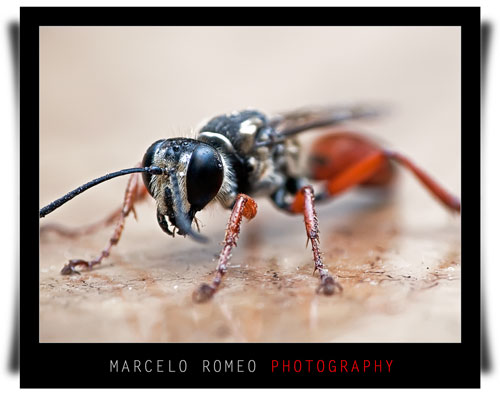
Duel to death by Tanozzo on flickr (licensed CC-BY)
Close-up diopter lenses can be a great and relatively inexpensive way to get into the world of macro photography. It is a good way to try out macro photography, and if you find you use the close-up lens a lot, then you may want to consider splashing out on a dedicated macro lens.
Generally speaking, a non-macro lens (particularly zoom lenses) with a close-up filter will not be as sharp as a true macro lens. But the results should still be pretty good.




